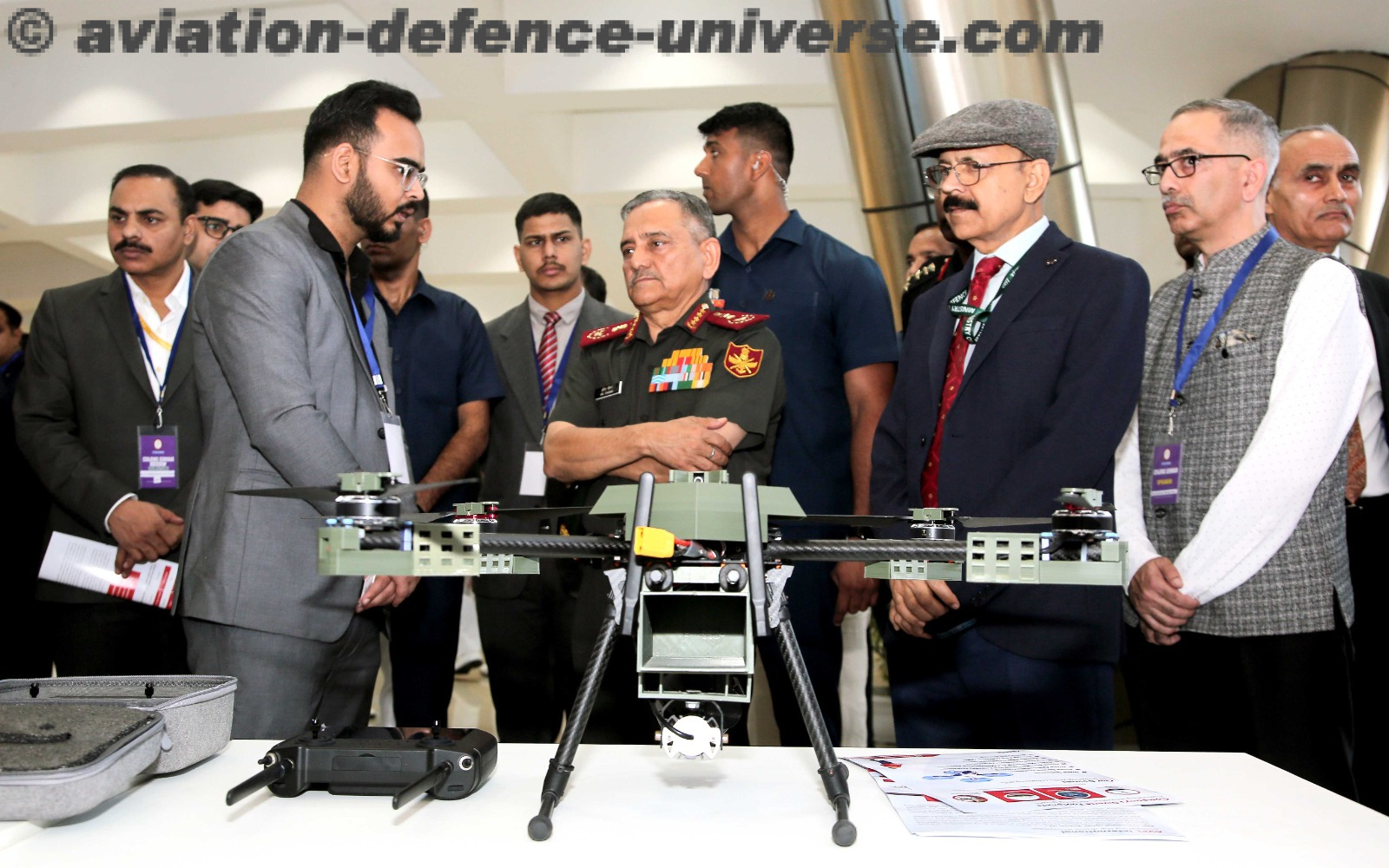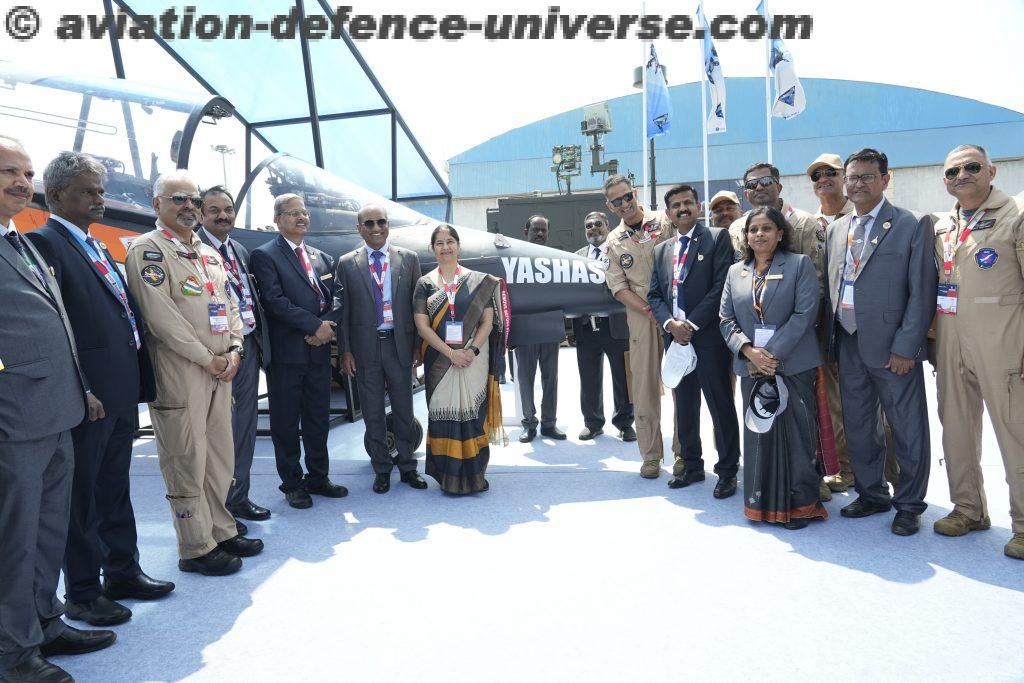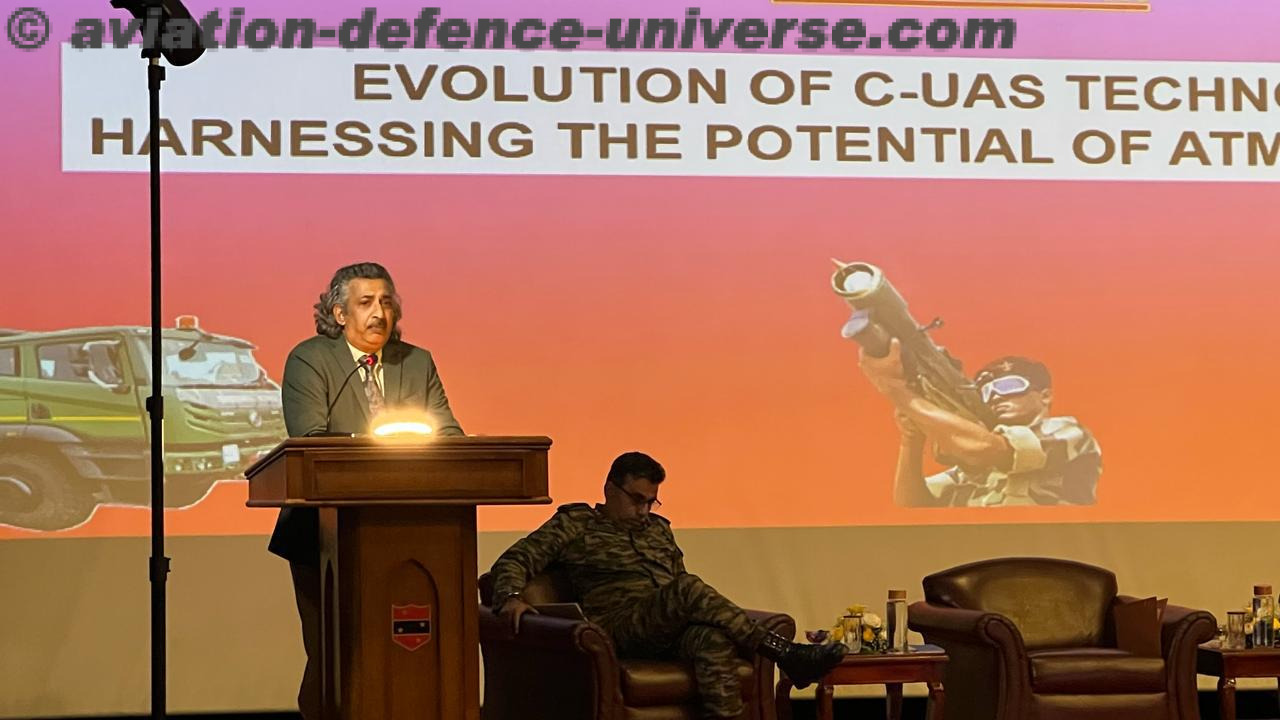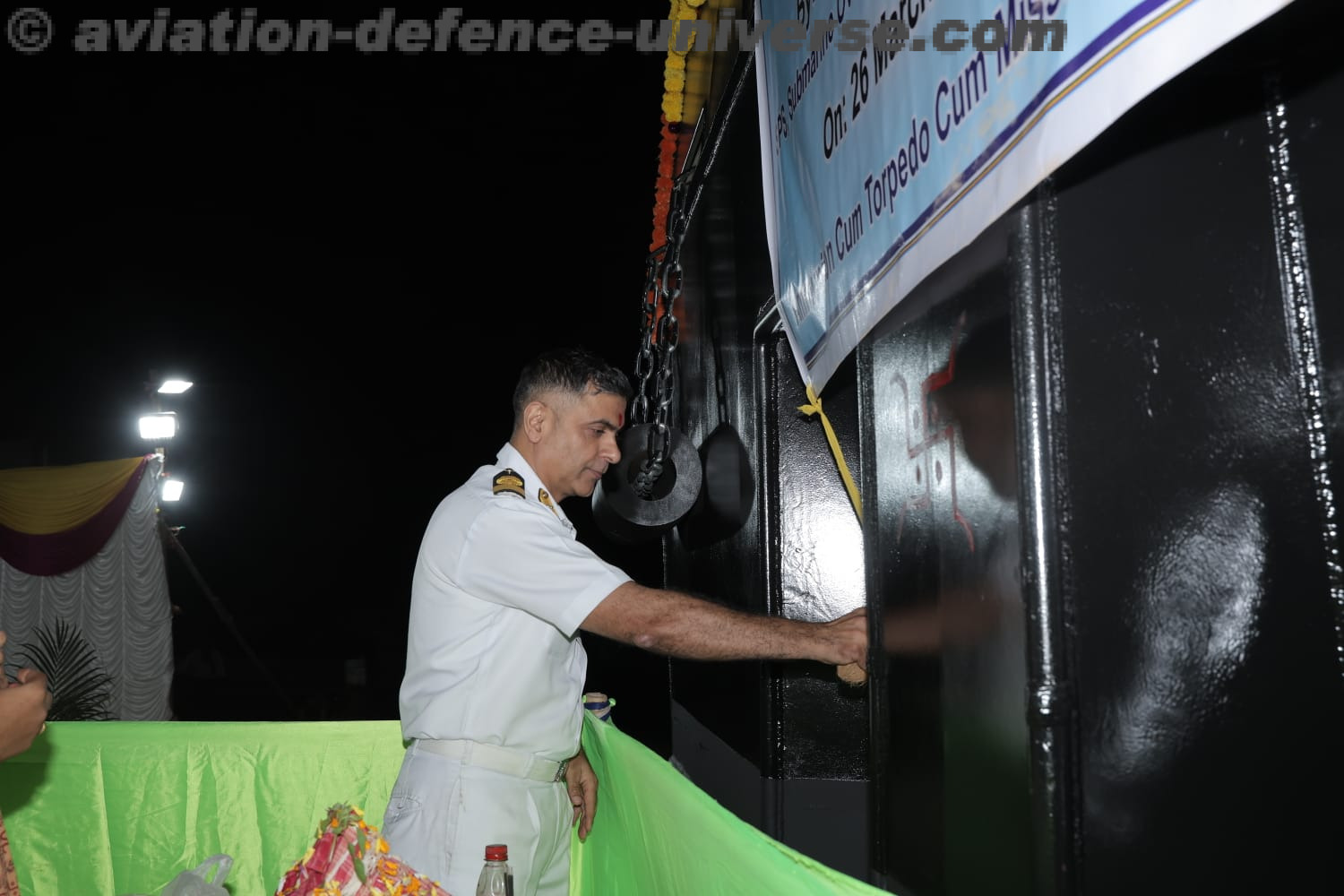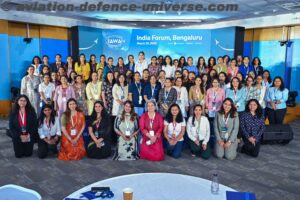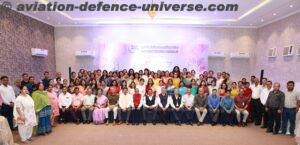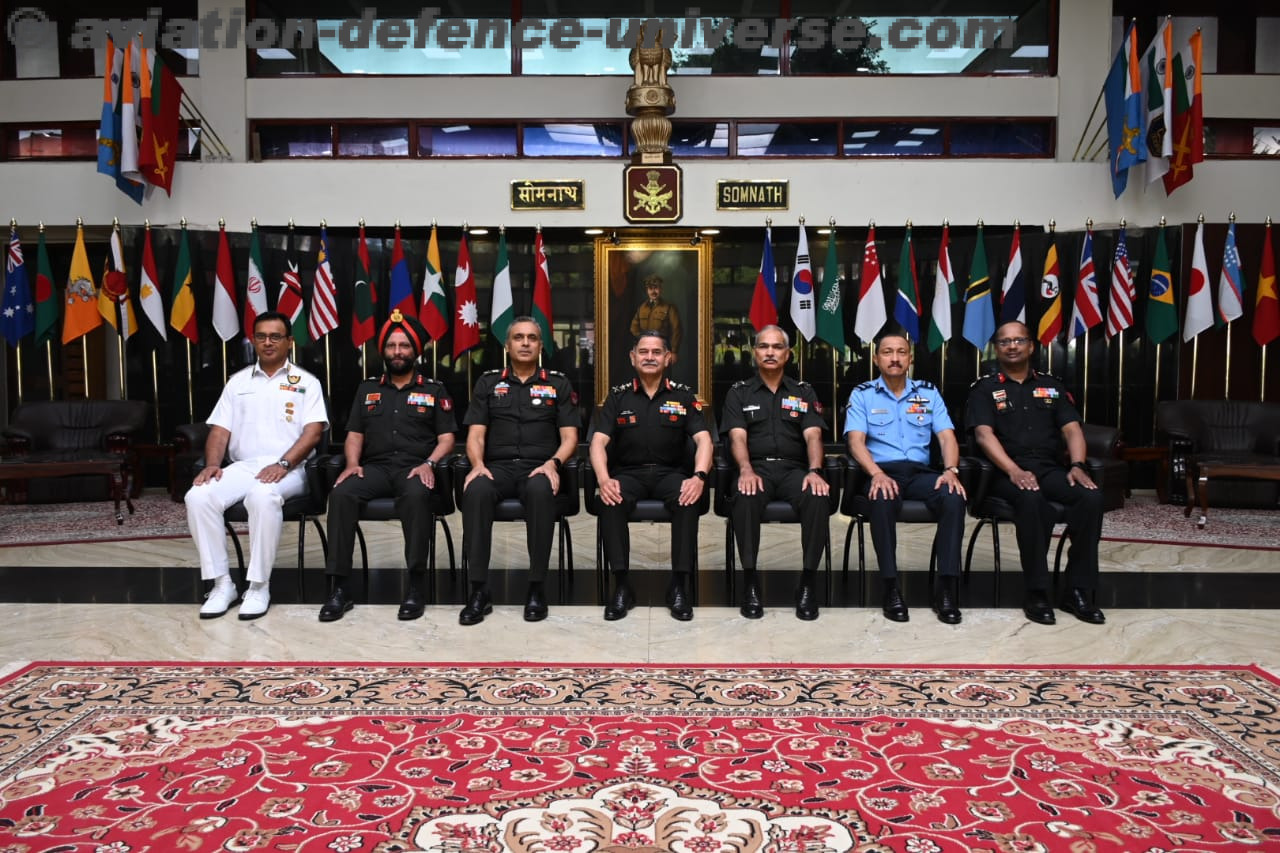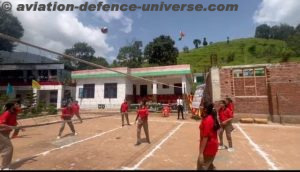 Girls of Rajouri ,Poonch trained by Indian Team proved their mettle on sports field and made their way to Jammu and Kashmir State Volleyball teams.
Girls of Rajouri ,Poonch trained by Indian Team proved their mettle on sports field and made their way to Jammu and Kashmir State Volleyball teams.
In a notable effort to empower women in the remote and underdeveloped South of Pir Panjal region, the Indian Army has launched a comprehensive volleyball coaching program for Girls. This initiative marks a significant stride in promoting sports, building self-esteem and fostering leadership among young girls in this area.
 This year the volleyball coaching program commenced on 29 Aug 2024 with participation of 30 enthusiastic and talented girls of this remote area. Indian Army devised a well-structured curriculum led by experienced coaches from J& K sports authorities and Physiotherapist who trained and guided each player. Training sessions were planned covering fundamental volleyball skills, game strategies, and physical fitness.
This year the volleyball coaching program commenced on 29 Aug 2024 with participation of 30 enthusiastic and talented girls of this remote area. Indian Army devised a well-structured curriculum led by experienced coaches from J& K sports authorities and Physiotherapist who trained and guided each player. Training sessions were planned covering fundamental volleyball skills, game strategies, and physical fitness.
Among 30 girls , 19 girls initially were selected to participate in the Volleyball Tournament and selection trials representing their Zone at District Level in three different age categories as U-19, U – 17 and U-14years.
 Subsequently 15 Girls from these three categories represented their District in Jammu Division level trails and eight of them were selected to represent Jammu Division at State ( UT) level.
Subsequently 15 Girls from these three categories represented their District in Jammu Division level trails and eight of them were selected to represent Jammu Division at State ( UT) level.
The success story which started with the participation of 30 girls in the coaching camp has finally resulted in selection of Seven girls to represent J&K UT at National level volleyball tournaments. Out of these seven girls, three will represent J&K in U-19 tournament, one girl in U-17 and three girls in U-14 category.
The program has also been instrumental in shifting societal attitudes towards women and sports in the region. The Indian Army’s volleyball coaching program stands as a testament to the power of sports as a tool for social change and women’s empowerment. By investing in the development of young girls in the Pir Panjal region, the army is not only enhancing their athletic abilities but also equipping them with skills that will serve them throughout their lives. This initiative reflects a broader commitment to community development and gender equality, demonstrating how targeted programs can make a meaningful difference in underdeveloped areas.








